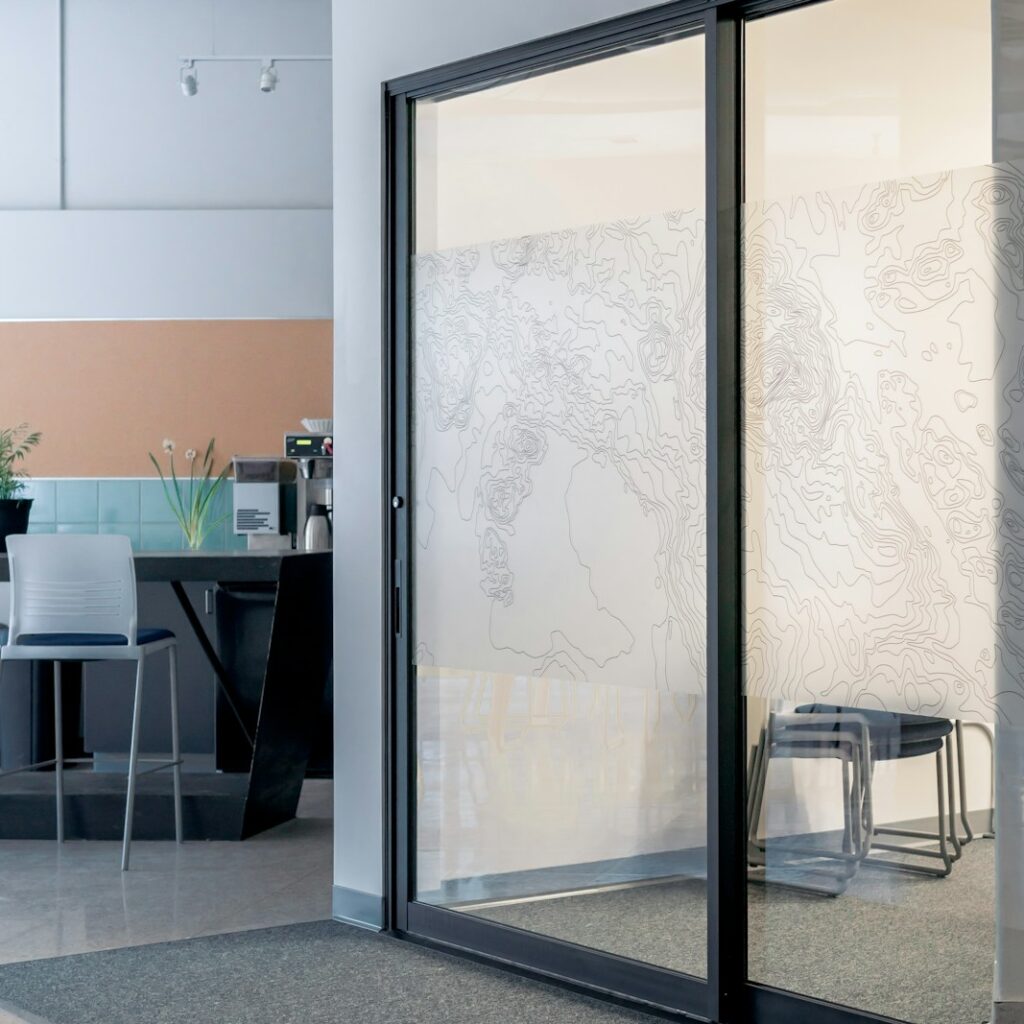In the competitive world of hospitality, hotels constantly strive to meet or exceed guest expectations. However, there’s often an “unsolved mystery” that eludes even the most well-intentioned hotel managers: How can hotels truly understand what guests want and how they feel about their experience? While hotel managers can make educated guesses based on occupancy rates, booking patterns, and trends, one of the most powerful tools at their disposal remains somewhat underutilized—guest feedback.
Guest feedback is not just a collection of positive or negative reviews; it’s a treasure trove of valuable insights that, when properly analyzed, can shape hotel strategy, improve operations, and ultimately drive business growth. Whether you run a budget hotel in Delhi, a luxury resort in the Maldives, or a boutique property in New York City, understanding guest feedback and using it to refine your strategy is critical for success.
In this blog, we’ll uncover why guest feedback is so important in shaping hotel strategy and how you can use it to create an exceptional guest experience, improve operational efficiency, and increase revenue. Let’s dive into the “unsolved mystery” of how listening to your guests can unlock the key to a successful hotel business.


Guest Feedback Reveals What Guests Really Want
No matter how well-trained your staff is or how meticulously you design your hotel, the reality is that every guest is unique, and their preferences may not always align with your expectations. Guest feedback is an essential tool for uncovering these preferences, whether it’s regarding room cleanliness, amenities, or the food and beverage offerings.
- Why it matters: Knowing what guests value most allows you to tailor your offerings and services to meet their needs and enhance satisfaction.
- How to use it: Regularly review guest feedback to identify common themes. For example, if many guests mention they would like more vegetarian or gluten-free options, you can adjust your menu to accommodate those needs.
Guest Feedback Helps Identify Pain Points
Even the most well-run hotels have areas where improvement is needed. Feedback from guests can highlight pain points that might otherwise go unnoticed, from slow check-ins to noisy rooms or inconsistent room service. Identifying these issues quickly allows you to address them proactively.
- Why it matters: Addressing pain points before they become widespread can prevent negative reviews and reduce guest complaints.
- How to use it: Implement guest surveys at key touchpoints (post-check-in, after checkout, or after using a specific service) to gather insights into areas that need improvement. For example, if guests mention long wait times at check-in, consider adding more front desk staff during peak hours.


Driving Hotel Improvements Through Actionable Insights
One of the most powerful benefits of guest feedback is its ability to generate actionable insights that can drive improvements. When guests offer suggestions or criticisms, it’s an opportunity to enhance your hotel’s offerings, service, or amenities.
- Why it matters: By acting on guest feedback, you not only improve guest satisfaction but also demonstrate that you value their opinions. This helps foster loyalty and encourages repeat visits.
- How to use it: Analyze guest feedback to identify trends and actionable recommendations. If several guests mention that they found the Wi-Fi slow, invest in upgrading your internet infrastructure. If they suggest more eco-friendly initiatives, introduce sustainable practices like water conservation or energy-efficient lighting.
Building a Reputation Based on Guest-Centered Experience
In today’s digital age, online reviews can make or break a hotel’s reputation. Platforms like TripAdvisor, Google, and Booking.com have given guests a powerful voice, and their reviews play a significant role in attracting new customers. By encouraging and responding to guest feedback, you can manage your reputation effectively.
- Why it matters: Positive reviews directly impact your hotel’s visibility and appeal. Addressing negative feedback in a professional, constructive manner can show potential guests that you are committed to improving.
- How to use it: Actively monitor review sites and respond to guest reviews—both positive and negative. Thank guests for their feedback and outline the actions you’re taking to address any concerns. A well-crafted response can turn a negative experience into a positive one, demonstrating excellent customer service.
Improving Guest Loyalty with Personalization
Guest feedback is a critical tool in personalizing the guest experience. By collecting data about guest preferences, past stays, and specific requests, you can create tailored experiences that make guests feel valued and appreciated. This leads to greater guest loyalty and repeat bookings.
- Why it matters: Personalization enhances guest satisfaction, increases loyalty, and improves long-term revenue.
- How to use it: Use guest feedback to personalize future stays. For example, if a guest mentions they prefer a room with a view, make a note in their profile and offer them the same option next time they book. Similarly, offering personalized amenities based on feedback (e.g., extra pillows, preferred room temperature) makes a guest feel special and more likely to return
Benchmarking Against Competitors
Guest feedback can also provide valuable insights into how your hotel compares to competitors. If guests are consistently commenting on something that competitors are doing better—such as providing a more comfortable mattress or a more convenient check-in process—it’s time to reassess your offerings.
- Why it matters: Understanding where you stand in comparison to competitors can help you identify areas for differentiation and improvement.
- How to use it: Collect feedback not only from your guests but also monitor reviews of competitors in your area or niche. If guests consistently mention that your competitors offer superior breakfast options or better in-room amenities, consider enhancing your offerings to stay competitive.
Monitoring and Enhancing Employee Performance
Guest feedback isn’t just about the hotel’s physical amenities—it also provides critical information about staff performance. Whether it’s about the friendliness of front desk staff, the helpfulness of concierges, or the responsiveness of housekeeping, feedback about your team can help you identify areas for training and improvement.
- Why it matters: Excellent service is often what sets a hotel apart from others. By regularly gathering feedback on staff performance, you can ensure a consistently high level of service.
- How to use it: Use guest feedback to recognize top-performing employees and provide additional training where needed. For example, if several guests mention exceptional service from a particular staff member, highlight this achievement and encourage others to follow suit
Using Feedback to Improve Pricing and Promotions
Guest feedback can also provide insights into your pricing strategy. If guests are consistently mentioning that they found your hotel to be a great value for the price, it might be an indicator to maintain or even increase your rates. Conversely, if guests feel they didn’t get value for their money, it might be time to reassess your pricing structure.
- Why it matters: Understanding how guests perceive the value of your offerings allows you to optimize your pricing strategy to better align with guest expectations and market trends.
- How to use it: Monitor feedback to gauge whether your guests believe your offerings are worth the price they’re paying. This can help you adjust your pricing, offer promotions, or enhance amenities to improve the perceived value.
Developing Long-Term Strategies Based on Trends
Guest feedback is not just about addressing individual complaints—it can also reveal long-term trends that can shape your hotel’s strategy. By consistently collecting and analyzing feedback, you can identify recurring themes that might influence future decisions, whether it’s about refurbishments, adding new services, or catering to a particular demographic.
- Why it matters: Recognizing emerging trends helps your hotel stay relevant and innovative, ensuring long-term success.
- How to use it: Conduct regular surveys and monitor feedback over time. If you notice a trend where guests from a particular region are frequently booking your hotel, you might decide to tailor your marketing efforts or services to better suit that demographic.
Closing the Feedback Loop: Continuous Improvement
Lastly, one of the most powerful ways to use guest feedback is to close the feedback loop. Once you’ve collected insights and implemented changes, make sure to follow up with guests to let them know how their feedback has shaped improvements. This shows guests that their opinions are valued and encourages ongoing engagement.
Conclusion: The Key to Unlocking Hotel Success
Guest feedback is one of the most powerful tools in shaping your hotel strategy. By actively listening to guests, addressing their concerns, and using their suggestions to enhance your services and offerings, you can improve guest satisfaction, increase loyalty, and stay ahead of the competition. In a world where travelers have countless hotel options at their fingertips, the importance of guest feedback cannot be overstated—it’s the key to unlocking long-term success in the hospitality industry.
Whether you operate a hotel in India, a luxury resort in the Maldives, or a boutique property in New York, listening to your guests and using their feedback to continually improve will set you apart and ensure you’re always moving in the right direction.



